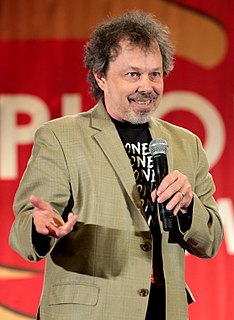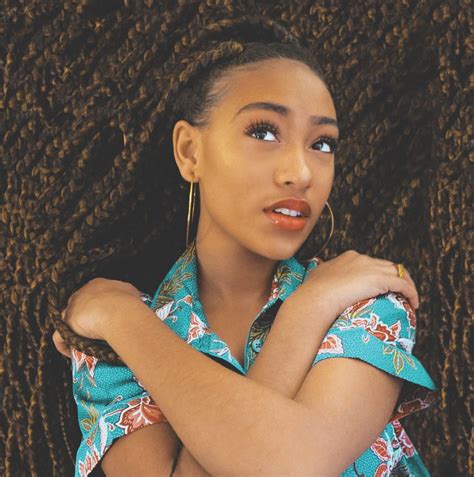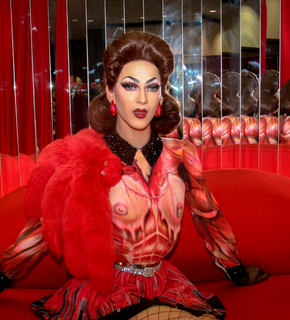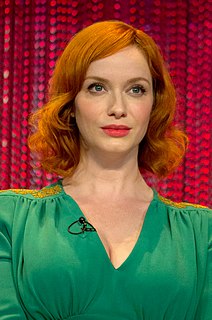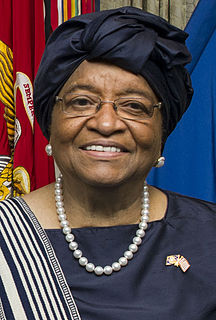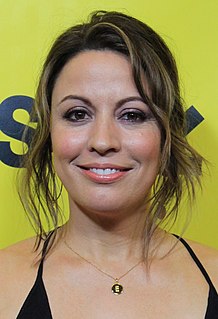A Quote by Cornelia Parker
I was my father's sidekick, in a way. He was a very dominant, forceful character.
Related Quotes
As an actor I'm part of a long line of character people you can take back to the silent movies. There's always the little guy who's the sidekick to the tall, good-looking guy who gets the girl. People tend to not think of themselves as Tom Cruise or Bruce Willis. The leading man is something that they might like to be, but they aren't. The sidekick is somebody that they feel a little closer to, because the sidekick has the same human failings that they do.
When you are writing, you have to love all your characters. If you're writing something from a minor character's point of view, you really need to stop and say the purpose of this character isn't to be somebody's sidekick or to come in and put the horse in the stable. The purpose of this character is you're getting a little window into that character's life and that character's day. You have to write them as if they're not a minor character, because they do have their own things going on.
Yes, I think the '96 Bulls are the greatest of all time. I think the 72-10 record speaks for itself and the fact that we were able to cap it off with a championship. What it boils down to is we had a dominant style, a dominant defense, and we were a very good offensive team. It was the way we dominated our opponents that separated ourselves.

